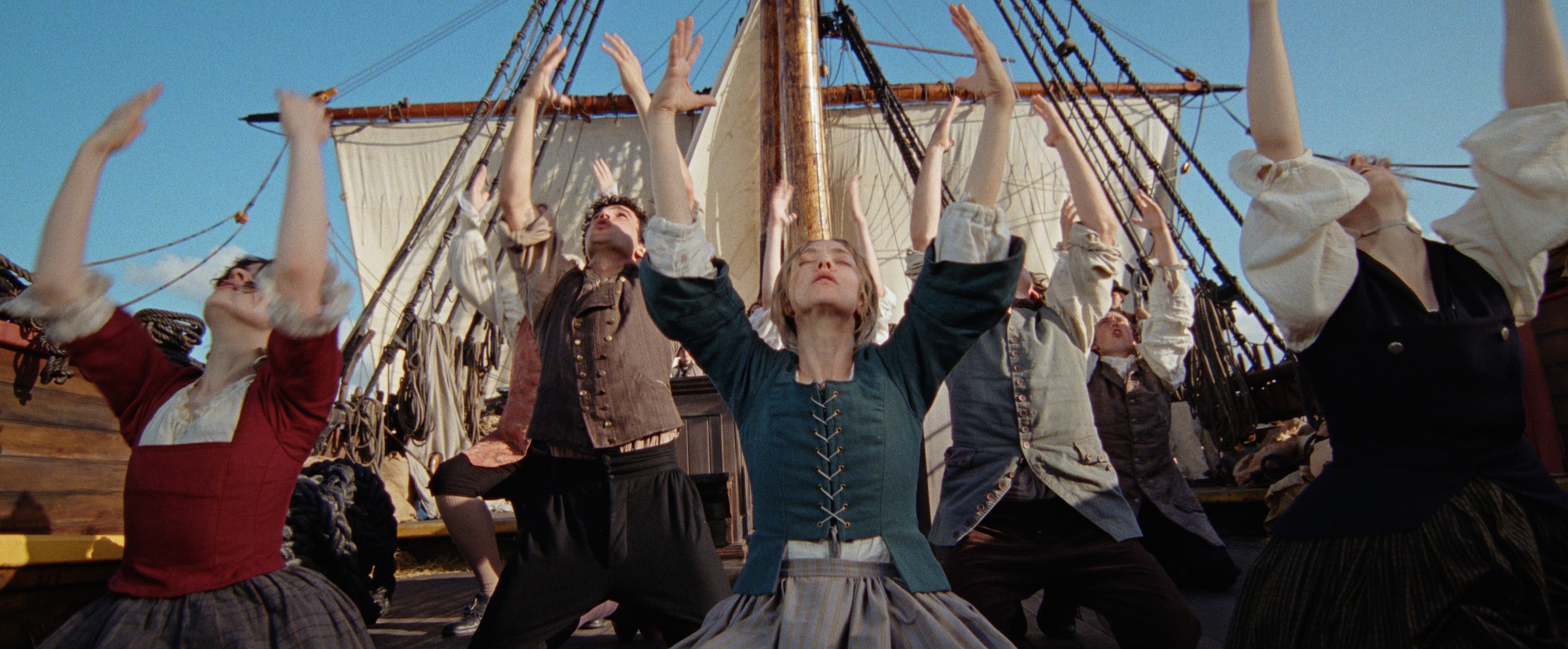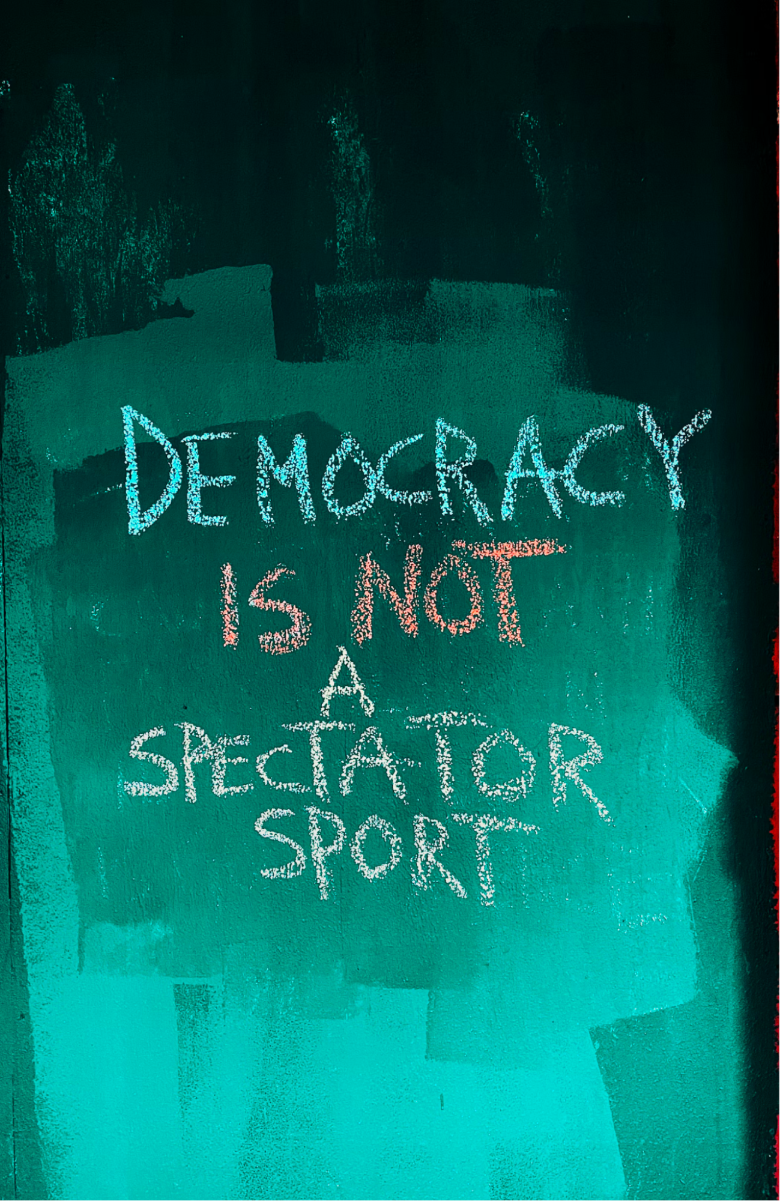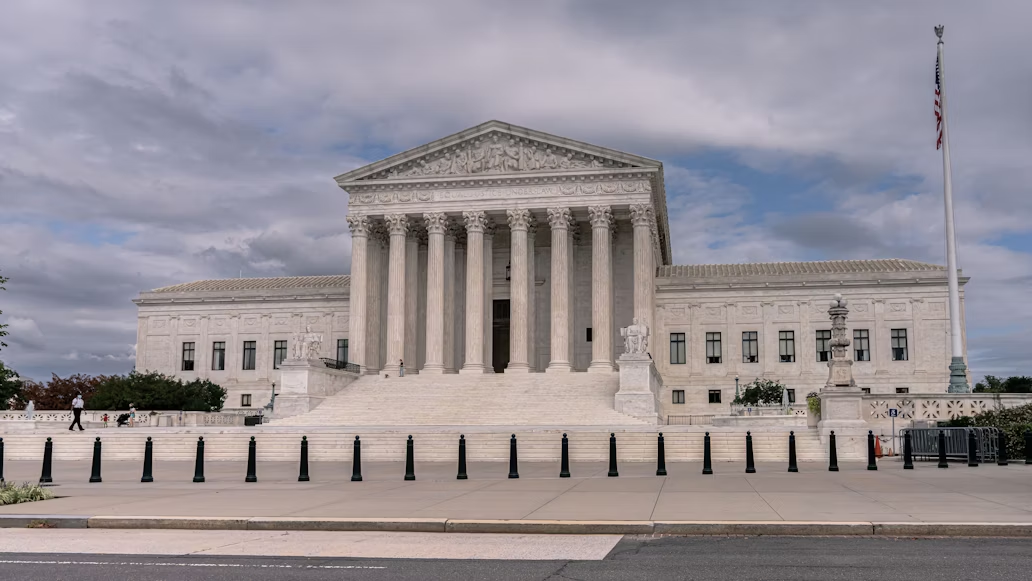
Analysis
New Research Finds the Supreme Court Shows Bias Towards Christian Groups
In a recently published article in the Cambridge Journal of Political Affairs, Adam Hamdan offers a statistical analysis of the role religion plays in Supreme Court cases. The article builds on previous studies examining the interplay between religious beliefs and Supreme Court cases to find that under the Roberts Court, the Supreme Court has sided with religious groups more than previous courts, especially when it comes to Christian groups. This finding mirrors public perception of the Supreme Court, as a recent PEW Research Center study found that 35% of Americans see SCOTUS as friendly toward religion, a significant increase from the 18% of Americans that believed that in 2019.
Hamdan also found that the Roberts court has taken up a higher volume of cases that involve the Free Exercise Clause than previous courts, it has made consequential decisions on religious liberty at a significantly higher rate than previous courts, and it tends to favor Christian groups over other religious groups in its rulings. Hamdan analyzed the number of times the Vinson, Warren, Burger, Rehnquist, and Roberts courts ruled in favor of Christian groups in court cases. While the first three courts did not rule in Christians’ favor more than 45% of the time, the Rehnquist court ruled in their favor 58% of the time while the Roberts court increased that number to 66%. This means that in two thirds of cases the Roberts court heard concerning a Christian group, the Christian group won (188).
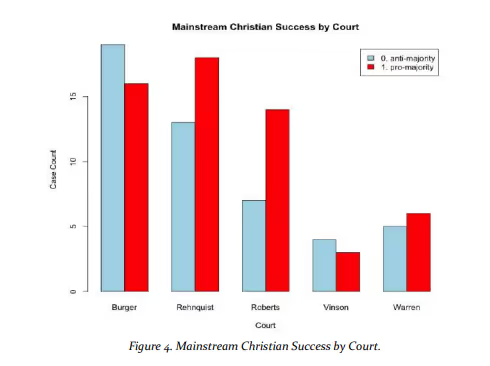
This could indicate a larger trend around the impact that personal ideology has on Supreme Court Justices. Hamdan found that of the five most recent courts, seven of the top twelve most pro-religion justices have been part of the Roberts court, including one more “liberal” justice. As he states, “the Justices’ decisions, including which cases to hear and how to rule on them, could be influenced by their preferences and attitudes toward issues of religious freedom and expression” (188).
As this paper illustrates, there is a concerning trend of Christian nationalist worldviews being pushed on all Americans through court rulings. Cases such as Masterpiece Cakeshop v. Colorado, Dobbs v. Jackson, and United States v. Skrmetti have narrowed the civil rights and protections afforded to minorities, particularly women and the LGBTQ+ community, in accordance with Christian nationalist playbooks. The bias apparent in the Supreme Court’s recent rulings is likely why public opinion on the court is at an all-time low, with only 47% of Americans stating they have a favorable opinion of the court.
Eroding trust in public institutions contributes to the rising tide of authoritarianism we are facing. When Americans can’t trust the Supreme Court to act as an impartial check to legislative and executive power, it makes it even easier for the rule of law to be ignored and democracy to be attacked. For 250 years, the Supreme Court has been an essential part of American democracy. In this moment of crisis, the Supreme Court must reject Christian nationalism and its aims and return to impartially protecting the civil rights and liberties of all Americans.
The views and beliefs expressed in this post and all Interfaith Alliance blogs are those held by the author of each respective piece. To learn more about the organizational views, policies and positions of Interfaith Alliance on any issues, please contact [email protected].
Transcript
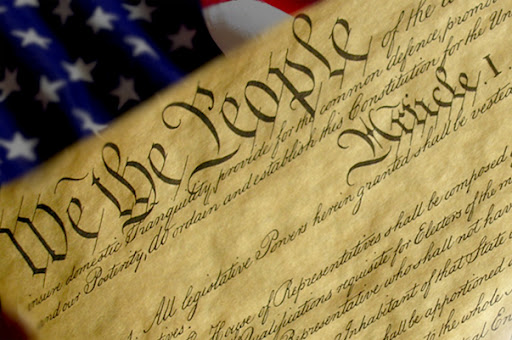
Pluralism is Democracy in Action
On July 4, America will mark 250 years since the signing of the Declaration of Independence. That day in 1776, the nation’s founders put forward a bold vision for a new democratic experiment, one rooted in shared values, with power derived from the people rather than imposed by a monarch or religious authority:

